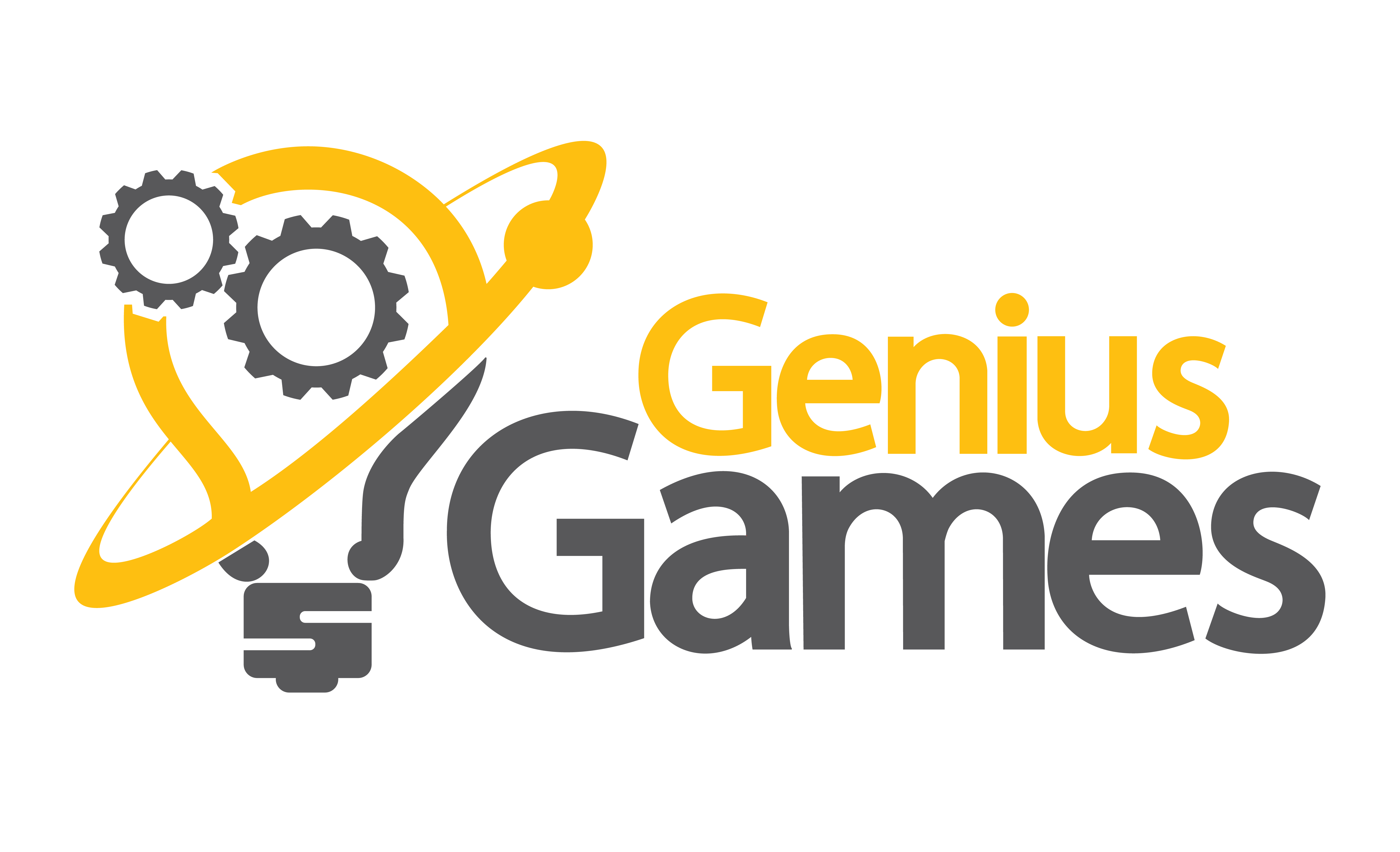So, what’s the point of an educational game, and therefore the point of designing an educational game? For that matter, what’s the point of learning anything, what’s the point of even going to school?
I think we can all agree that the purpose of learning, and therefore school, is not solely to memorize content. Learning in it’s barest form is so much more than this!
In the process we do indeed end up memorizing things, but learning is intended to enrich our lives in so many other ways. It’s gives us the knowledge and tools to function in this world in a much more engaged, impactful and arguably purposeful manner.
This may mean different things to different people (i.e. a certain vocation or occupation, a certain mission or cause, or even a certain salary) but the point is (with the exception of select few occupations) you won’t gain an enriching life simply by memorizing the most amount of facts – and a game shouldn’t make you do this either.
That’s not to say there is no benefit to gamifying the memorization process but that’s very different then an educational game. And we should remember this in educational game design. With this in mind here are some of the benefits of educational games, and really games in general…
Benefits of a Quality Educational Game
- A good game removes much of the intimidation inherent in the learning process (e.g. new vocabulary, multi-step processes and complex concepts).
- A good game transforms the discomfort and psychological barriers of failure into an opportunity to iterate toward success.
- A good game quickens the – fail, learn, grow – iterative loop without the emotional weight of grades and tests.
- A good game stimulates a deeper level of engagement around an idea and therefore a deeper level of understanding about that idea.
- A good game promotes group interaction over a topic or idea.
- A good game provides an opportunity to participate, not just verbally and visually, but in a tactile way.
It’s hard to dispute. There are so many advantages to good games, so why not use create educational ones that are readily usable in the classroom?
So, why did I ask my original question – what’s the point of designing an educational game? It was semi-rhetorical but my other goal was to critic the traditional educational games model that currently exists in most classroom – games that promote memorization. But I think these are the type of games that give quality educational games a bad wrap.
The Point Of An Educational Game
In its most basic form, a quality educational game should transform the learning of a complex, intimidating and detailed concept into something that is palatable, understandable and most importantly, enjoyable.
This may still seem fairly abstract at this point, but the following blog posts are intended to provide more concrete and practical ways to manifest the points above in game design.
In any regard, I think keeping this in mind is key, especially during the design process – and some of the later posts will help to explain the how.









